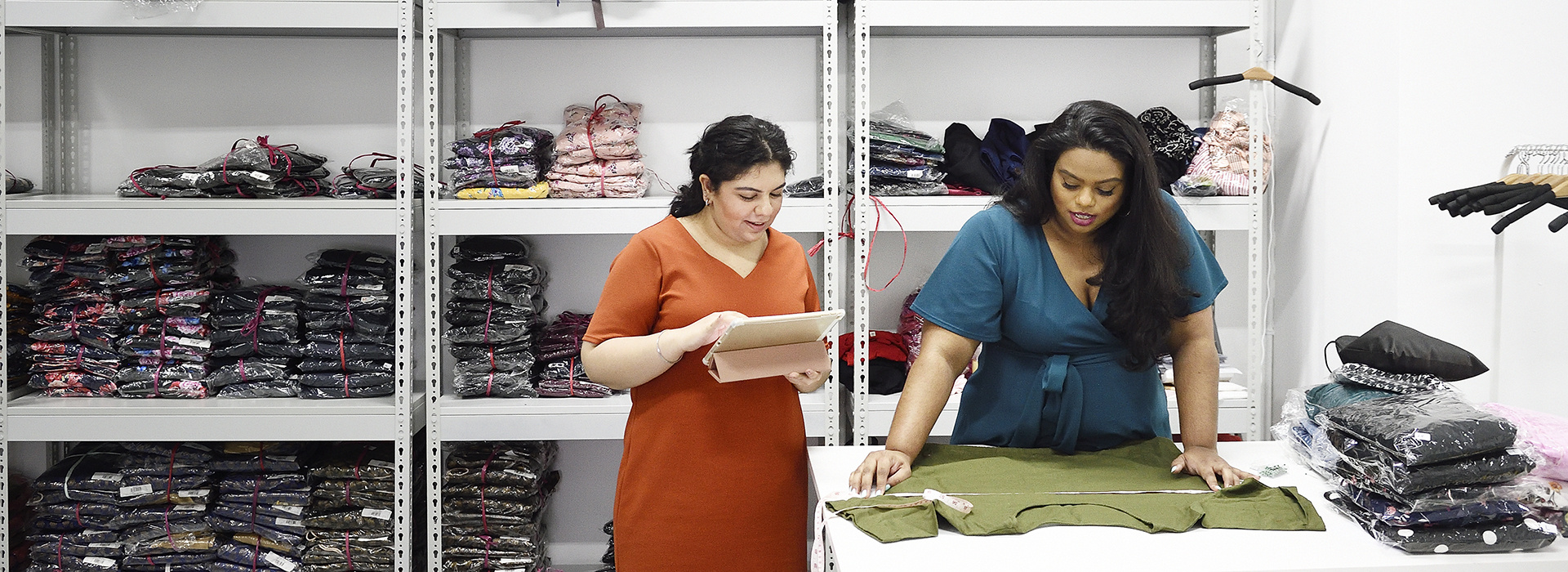Prajna Khanna: Sustainability as a long-term strategy
From films about social justice to working on environmental issues at Greenpeace, Prajna Khanna has hands-on experience of the power of change. As Global Head of Sustainability at tech investor, Prosus Group, she talks to dss+ about how you can’t save the planet if you don’t look after its people and why tech entrepreneurs in emerging economies deserve more focus.


Prajna Khanna
Global Head of Sustainability and Vice President at Prosus Group and Naspers Limited
Q.
How would you define a role in sustainability, and how does this reflect your career path?
There is sometimes a misconception that sustainability is a very narrow career path. Yes, studying environmental science is certainly one route, but sustainability is so much more than carbon reduction programmes; it touches every function across an organisation. So whether you have expertise in procurement, product design, manufacturing or functions like human resource management and corporate governance, it’s about embedding a more responsible way of doing business into your role. It’s an approach that reflects my own career path from training as a filmmaker, where I was always drawn to films and documentaries that had a social justice theme, working for the charity Comic Relief in the UK and its projects in Africa or managing communications for a Greenpeace campaign. These initial insights into the power of change led me to take on more significant sustainability-related roles. First, driving change from the development sector to then transitioning to corporate roles, starting within the sustainability team at a bank and then leading corporate social responsibility (CSR) for technology group Philips Lighting. A seemingly varied and diverse route to my current role at Prosus Group, but each step on this journey helped me learn and build my expertise across different but interconnected domains. I’m living proof that you don’t always have to have an end goal at the start of your career, but a set of values that stay consistent through your journey and a passion for making a positive contribution through whatever you do.
"You don’t have to have an end goal at the start of your career, but definitely a set of values and passion for doing something that you believe can make a difference."
– Prajna Khanna, Global Head of Sustainability and Vice President at Prosus Group and Naspers Limited
Q.
What advantages does this approach bring to your current role as Global Head of Sustainability, and where do you see the challenges?
Each transition throughout my career has helped enrich my role today, which involves a lot of stakeholder engagement and guiding people towards change. So understanding finance, the interconnectedness of environmental and social impact, and communications have been a great bonus as they cover most bases when setting out the case for change. Also, working on the ground in Africa during my early career gave me the practical experience of how the environment impacts communities and vice versa. You can’t save the planet if you don’t do right by the people, particularly those most vulnerable to the impacts of climate change. So for me, the social and environmental link must be clearly understood and embedded into sustainability strategies. In terms of challenges, I believe there needs to be more capital flow towards entrepreneurs innovating solutions for greener models of meeting the needs of the growing populations in the emerging economies. Yes, the financial risks are higher, but we are all aware of what pioneering innovation can achieve, so let’s place more financial faith in it. Regulations are also a challenge. Despite the best of intentions, regulations when applied without nuance can stifle the flow of capital to the private sector in the global south, while providing an increased advantage to businesses in mature global north economies that have had years of economic stability underpinning their maturity on environmental, social and governance (ESG) issues. So we need more focus on creating a level regulatory playing field for all. There are also gaps in our approach to benchmarking unlisted companies, many of which are working on incredible sustainability solutions. Analysts and rating agencies naturally focus on large listed companies, but a rating service aimed at small to medium enterprises (SMEs) would help democratise sustainability-linked data and attract a much needed investment.
Q.
How do you transmit your sustainability philosophy to the tech companies in Prosus’s portfolio?
We focus on disruptive technology that does two things. First, to find new and innovative ways to transition to greener economies that enable individuals to shift consumption patterns to meet their needs in a far more responsible way. The second is to move traditional businesses to more sustainable ways of conducting commerce like classified platforms, that enable the trade of secondhand goods, fuelling the circular economy. Fintech, for example, is essentially the digital translation of bricks and mortar banking and financial services. It provides a lower carbon alternative and more inclusive access to financial services. This thinking sets the tone for uncovering tech visionaries that provide asset-light digital platform solutions that answer local ecological and social challenges. The financial and non-financial support we give to these tech businesses across various sectors addresses barriers to scale and growth that are often the biggest challenge to success. The difference in our approach is that we support local entrepreneurs typically in Asia, Southeast Asia, Central Eastern Europe and Latin America to encourage local job growth and promote economic access where it’s needed most with the lowest environmental footprint.
"We support local entrepreneurs typically in Asia, Southeast Asia, Central Eastern Europe and Latin America to encourage local job growth and promote economic access where it’s needed most with the lowest environmental footprint."
– Prajna Khanna, Global Head of Sustainability and Vice President at Prosus Group and Naspers Limited
Q.
What would you say are the key drivers that underpin a successful sustainability strategy?
Sustainability takes in a wide range of ESG topics, so you have to be focused and understand where you want the most significant impact, then develop a long-term vision rather than focusing on short-term targets. So first, it’s vital you map what is material to your business and be clear on what sustainability issues or solutions you need to focus on to move the needle, because you cannot address everything. In my role in the digital tech sector, sustainability-related concerns include data privacy, cybersecurity and maintaining trust in our ability to source sustainable solutions. It’s also vital for us to be held up as responsible investors contributing to a low-carbon business environment. Once you are clear on your goals, you put in place a realistic strategy that enables you to meet these goals. Clear communication allows you to share your vision and report on progress to internal and external stakeholders you are accountable to. Also, don’t be afraid to look for answers and share dilemmas. Treat these as learning pathways. After all, if we already knew the answers, we would not be in the sustainability crisis in which we find ourselves. Finally, it’s important to have courage and confidence in yourself as a sustainability professional. It takes time to move the needle; don’t get side-tracked by self-doubt and let your values keep you steadfast through any headwinds you encounter along your path.
There’s often a tension between purpose and performance when developing a sustainability strategy, with the biggest pushbacks coming from concerns over financial performance or strategic misalignment. We need to address these concerns to avoid confusion and make a case for embracing sustainability as not just the right thing to do, but integrating environmental and social strategies firmly into the business model. We saw this link between the environment, society and finance at the recent COP summit, where a big part of the conversation was about financially compensating those economies transitioning to a more sustainable future. So it’s vital that the leadership understands the business value of embedding sustainability in their long term strategy, rather than a short term environmental project. As Indra Nooyi, former CEO of PepsiCo, said, “... we’ve purpose into how we run the company... and how we make money…that is a sustainable model...that’s what performance with purpose is all about...” So whether your corporate focus is environmental, societal or both, adding a real sense of purpose to business performance is key.
"It’s important to have courage and confidence in your ability as a sustainability professional and not get side-tracked by self-doubt."
– Prajna Khanna, Global Head of Sustainability and Vice President at Prosus Group and Naspers Limited